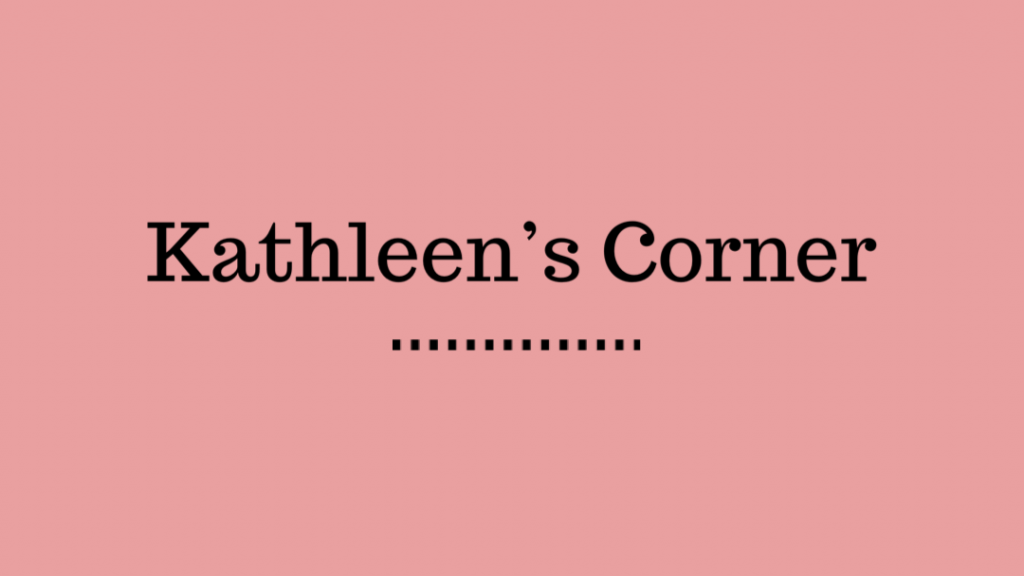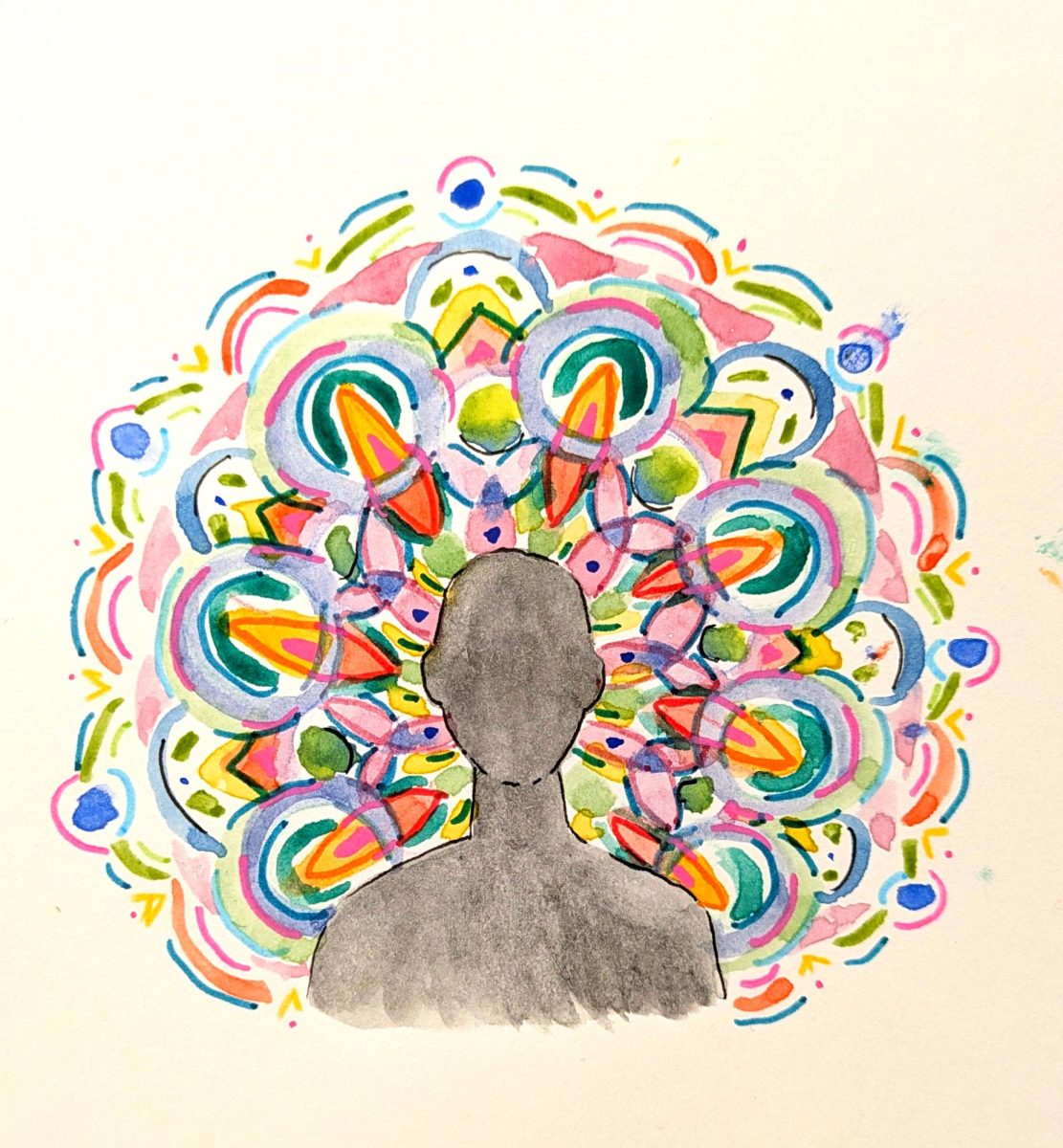With everyone staying at home these days, lots of people have extra time on their hands, leading them to post more on social media. It’s 2020, and social media activism is nothing new to today’s generation of students.
Yet, a notable amount of the activism circulating lately appears to praise the coronavirus pandemic for its impacts upon the environment — most notably, lowered carbon emissions. The messages commend the closing of gas-guzzling factories due to social distancing guidelines, and the overall deceleration of United States capitalism. Circulating on my Instagram feed, a recurring political cartoon encourages people to ‘learn a lesson’ from these times. In the drawing, a business man is thrown in jail, and his factory space is repurposed post-pandemic, while kids watching smile.
To be clear, I’m an AP Environmental Science student, and while fairly new to the environmentalism movement, I’m starting to develop my own opinions. That being said, I’m appalled at what I’m seeing. To put things in perspective, one of the earliest terms my class learned about was the concept of a triple bottom line, otherwise known as the three pillars of sustainability: social variables, environmental concern, and economic impacts/profits. None of these pillars should outweigh each other. These three aspects, when weighed together and considered equally by others, namely businesses, create the best possible options for sustained life on earth.
That being said, there aren’t any benefits from this pandemic that don’t arise without suffering and loss. There are no direct net benefits from the coronavirus. The executive director of the United Nations Environment Program, Inger Anderson, puts this time into perfect context for the environmentalist crowd: “Visible, positive [environmental] impacts are but temporary, because they come on the back of tragic economic slowdown and human distress.”
Right now, America’s triple bottom line is in anguish. The current unemployment rate is 14.7%, the worst our country’s seen since the Great Depression. That’s the economic impact, which slides over into social variables. When these social media posts praise factories being shut down, they’re inevitably praising families losing jobs. As businesses begin to close and greenhouse gas emissions lower, the unemployment rate still continues to climb higher, sending millions across our nation into economic struggling. Those who were already suffering from poverty and food insecurity will be hit the worst. Feeding America predicts that this pandemic will leave one in four American children and their families hungry. One in four. 25 percent of our nation’s children.
The loose arguments I’ve seen praise the shutting down of businesses. But some of these are the very same businesses that are deemed essential — the ones whose workers are converting their production time into mask-making time, the ones whose workers are making medical supplies, the ones whose workers are producing food for your table. Without these businesses, nationwide doctors and nurses wouldn’t have any proper equipment to handle the masses of patients coming through their doors.
Now is not the time for environmentalists to celebrate; now, if anything, is a time to think about solutions, innovations and future changes to business models that don’t involve the degradation of the valuable free market from our society.
The coronavirus pandemic does not give leeway for people to point fingers at our country’s businesses. Utilizing a situation like this to push a political agenda is exploiting others’ suffering and illness. And instead of promoting business closures for good, we should instead be promoting varying compromises to reach our goals in a way that is beneficial for the triple bottom line: people, planet, and economy together. Innovation, not closure, is key.
While there’s nothing wrong with being environmentally conscious and active on social media, this pandemic does not give us any reason whatsoever to shame businesses, their workers, and their owners, or advocate for business closures because of environmental impacts that can be improved upon in the future. That’s a close-minded, quick solution. All we should do now is have a little empathy, and support those supporting us, despite their current environmental impacts, for better or for worse.










